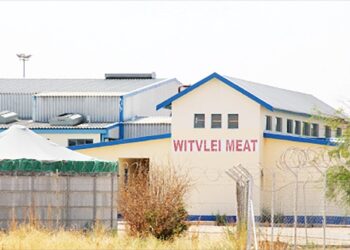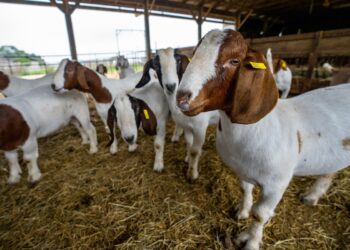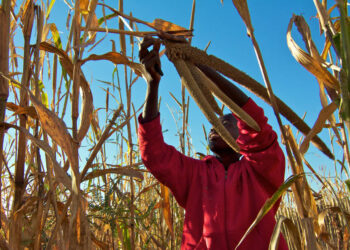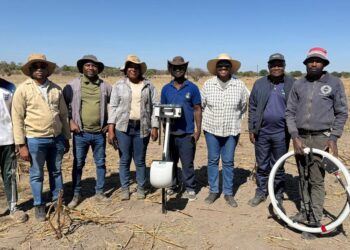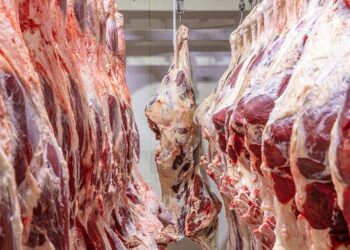
The City of Windhoek has announced plans to train up to 300 backyard gardeners by 2026 and introduce a formal Urban Food Systems Strategy aimed at addressing food insecurity and promoting sustainable urban agriculture.
The initiative, led by the Mayor’s Office, was unveiled during the Eighth Windhoek Mayoral Business Forum. Mayor Ndeshihafela Larandja said the strategy will be completed by the end of the 2025/26 financial year, with training set to begin in July 2025.
The programme will teach residents essential skills such as composting, soil health management, efficient irrigation techniques, raised bed gardening, and crop planning.
“Like many cities, Windhoek faces challenges such as food insecurity, rising prices, and limited access to nutritious fresh produce. But within these challenges lies a major opportunity: household food self-sufficiency through backyard gardening. Many of our residents have underutilised spaces that can become productive garden plots,†Larandja said.
The campaign, titled Windhoek Grows and launched as part of the Mayoral Legacy Project, will recognise urban farmers quarterly.
The City also plans to allocate land for gardens and establish a cross-sector task force by November 2025 to drive support for the initiative.
The Ministry of Agriculture and the University of Namibia will provide technical training and ongoing assistance.
“This legacy project will increase public awareness, provide practical and theoretical skills, and promote sustainable gardening practices through training, outreach, and demonstration gardens. But this initiative is not limited to just a few. Everyone is welcome to join us in building a sustainable and liveable Windhoek,†the Mayor added.
The programme also aims to connect urban growers directly to markets, offering space to 20 farmers at City-supported market days.
Furthermore, the Council intends to lobby for amendments to the Local Authorities Act to formally recognise urban agriculture and improve access to land, water, and agricultural inputs.
City Chief Executive Officer Moses Matyayi said the strategy aligns with Windhoek’s broader urban planning goals and the urgent need for climate adaptation.
He warned that the growth of informal settlements and extreme weather events will place additional strain on food systems.
“Urbanisation presents complex challenges. But it also demands smarter planning and sharper questions. We must integrate traditional and modern approaches to meet the city’s growing demands. This theme reflects the urgency of reimagining agriculture in an urban context,†Matyayi said.
He added that the City’s climate action plan, adopted in 2023, will be updated to support food system resilience and promote long-term sustainability across Windhoek.


